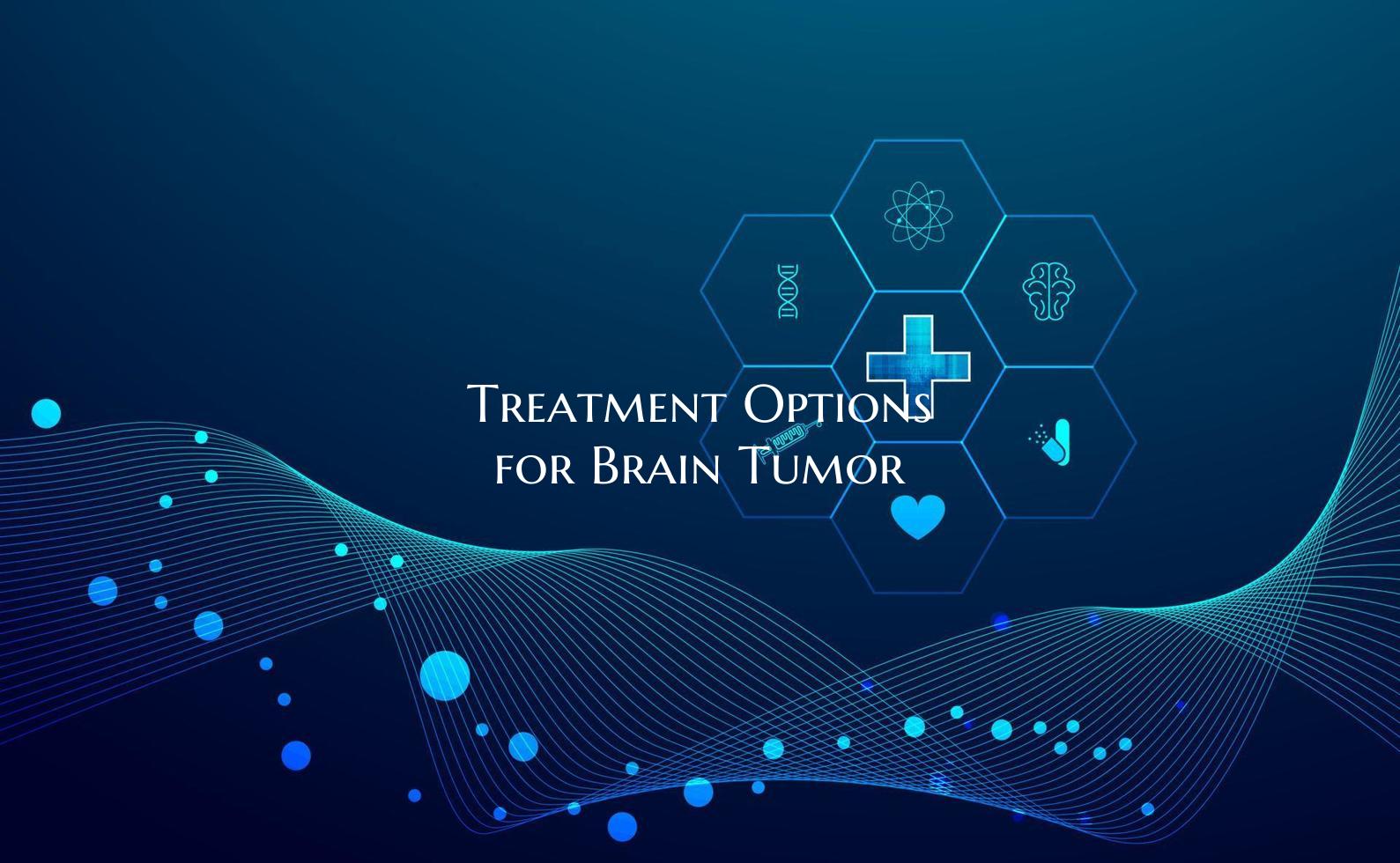
Treatment Options for Brain Tumor
Introduction: A diagnosis of a brain tumor can be overwhelming and frightening. However, advancements in medical technology and knowledge have led to a variety of treatment options for patients facing this challenging condition. Understanding these treatment options can help patients make informed decisions about their care and improve their chances of successful outcomes.
Surgery: Surgery is often the first-line treatment for brain tumors, especially if the tumor is located in a surgically accessible area of the brain. During surgery, a neurosurgeon will attempt to remove as much of the tumor as possible while preserving brain function. This can help relieve symptoms, such as headaches and seizures, and in some cases, even cure the tumor.
Radiation Therapy: Radiation therapy uses high-energy beams to target and destroy cancerous cells. It is commonly used after surgery to kill any remaining tumor cells or as a primary treatment for inoperable tumors. Different types of radiation therapy, such as conventional external beam radiation or stereotactic radiosurgery, may be recommended based on the tumor's size, location, and type.
Chemotherapy: Chemotherapy involves the use of drugs to kill cancer cells or stop their growth. While not as commonly used for brain tumors as in other types of cancer, chemotherapy can be effective, especially for certain types of tumors that are more responsive to these drugs. It may be used in combination with surgery and radiation therapy or alone for tumors that are refractory to other treatments.
Targeted Therapies: Targeted therapies are a newer class of drugs that specifically target changes in cancer cells that make them different from normal cells. These therapies can be effective for certain types of brain tumors, such as glioblastoma multiforme, by blocking the signaling pathways that promote tumor growth. Targeted therapies are often used in combination with other treatments to improve outcomes.
Clinical Trials: Clinical trials offer patients access to cutting-edge treatments that may not be widely available. Participating in a clinical trial can give patients the opportunity to try new therapies that could potentially be more effective or have fewer side effects than standard treatments. Patients should discuss with their healthcare team whether they may be eligible for any ongoing clinical trials for brain tumors.
Conclusion: The treatment of brain tumors is a complex and multifaceted process that requires a personalized approach based on the specific characteristics of the tumor and the patient. By working closely with a team of healthcare professionals, including neurosurgeons, oncologists, and radiation oncologists, patients can explore the full range of treatment options available to them. Making informed decisions about treatment can help improve outcomes and quality of life for individuals facing the challenges of a brain tumor diagnosis.